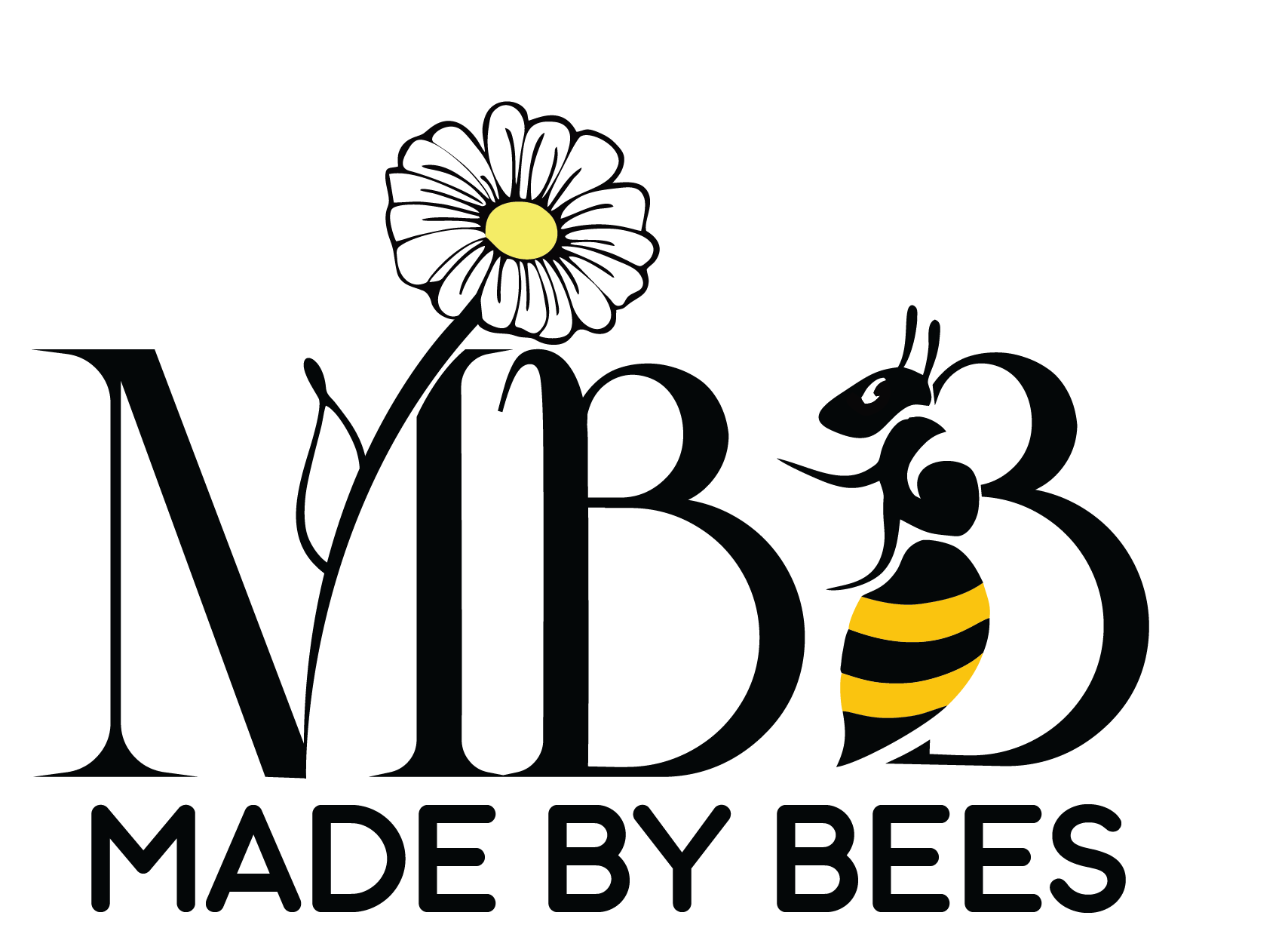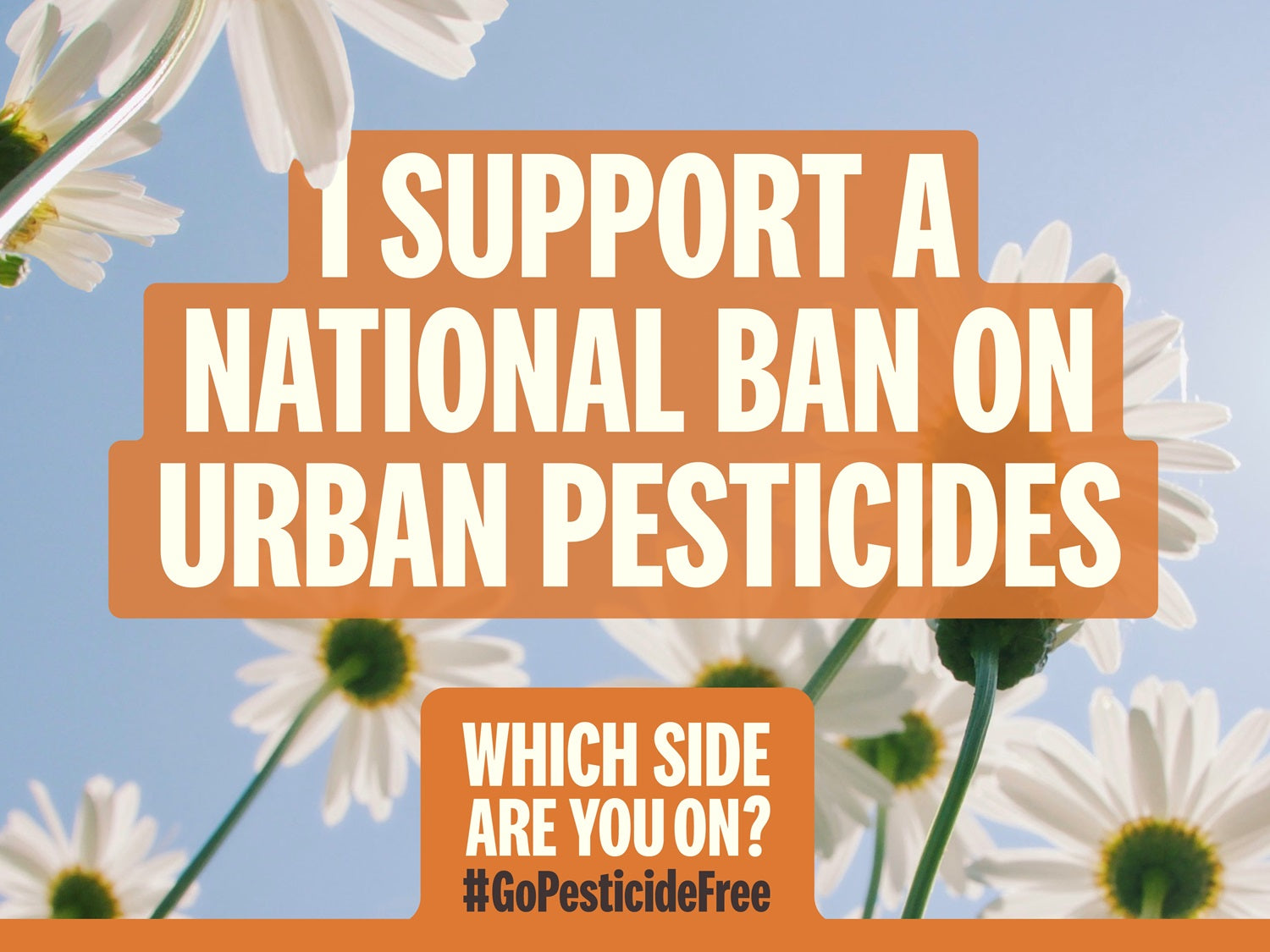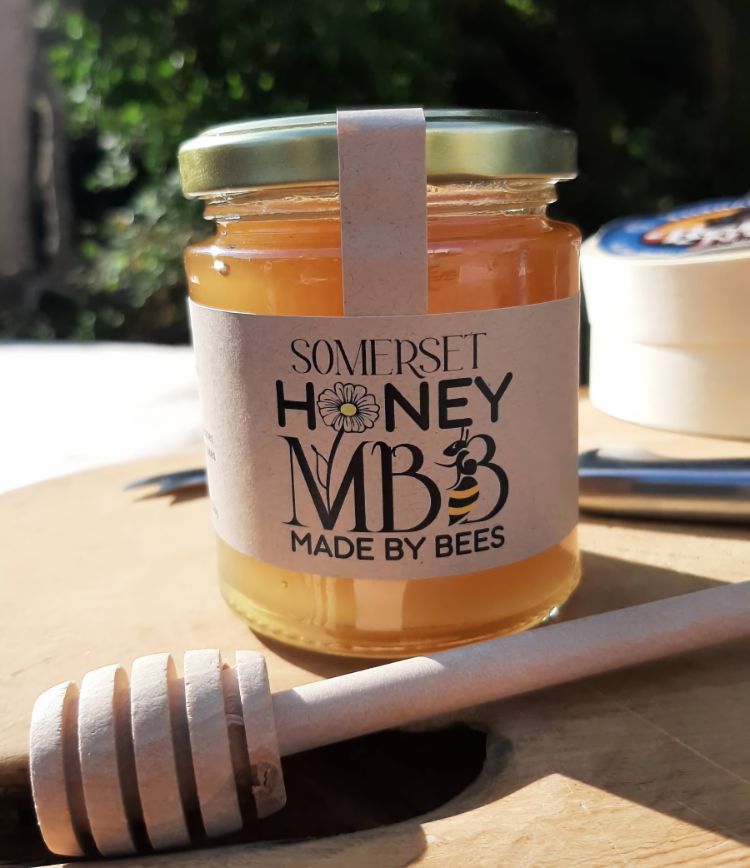As part of the Pesticide Collaboration, PAN UK is supporting a new campaign calling on the UK government to ban the use of pesticides in places such as playgrounds, streets and parks.
The Pesticide Collaboration brings together over 90 health and environmental organisations, academics, trade unions and many others, working under a shared vision to urgently reduce pesticide-related harms in the UK. This campaign also builds on the work of more than 100 local authorities across the UK that have already significantly reduced or eliminated their use of pesticides.
Impacts on wildlife
Pesticides are chemicals designed to kill living things. A product may be designed to target a specific pest, but it has been estimated that less than 0.1% of pesticides actually reach their target. The remainder of these chemicals end up contaminating water and soil, affecting non-target species such as birds and bees.
Many councils have commitments to protecting and improving biodiversity in our local areas, but most of them continue to use pesticides.
Due to habitat loss in the countryside, and the large quantities of pesticides used in UK agriculture, our urban spaces can be a refuge for wildlife (including birds, bees, other insects and hedgehogs). But the overuse of pesticides by councils is destroying many of the areas where they forage for food, and contaminating the natural resources they depend upon. Pesticides will often run off hard surfaces such as pavements and paths, contaminating water courses and harming aquatic wildlife in the process.







Share:
Honeybees can sniff out human lung cancer
Organic nurseries